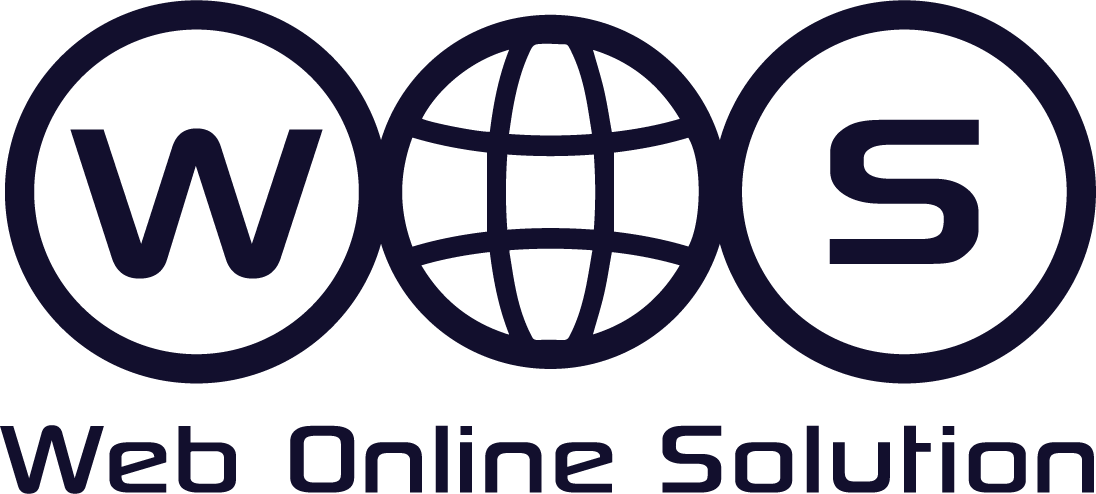Unlock exclusive bundle offers on Google Ads, HubSpot & more! Unlock your discount now!
Scenario: After understanding your client’s platform in detail, you’re ready to make recommendations about integrating, replacing, or keeping various technologies. Even though the client wants to completely transition away from their legacy CRM tool, you don’t think that’s an effective solution, given how deeply the legacy CRM is ingrained in their business operations. Which one of the following could be a prudent recommendation and rationale in this situation?
- Because it would cost too much time and money to completely replace the legacy CRM at the moment, you can help the client develop a plan to gradually transfer to a new CRM system. In the meantime, if key stakeholders are eager to benefit from certain features in the new CRM, they could try running a small test pilot with just a few users to see if the new tool could have a positive impact. Provide data to help the client make a more educated and measured decision.
- The client’s wishes matter more than any analysis you’ve performed. Regardless of whether or not it’s too expensive to transition to a new CRM, your role is to help make it possible for the client. Rather than trying to challenge the client’s wishes, help them design a plan that would enable them to transition away from the legacy CRM as quickly as possible, even if all stakeholders don’t understand the full downstream impact of this change yet.
- Pivot to discussing another platform technology, given that the CRM issue is obviously generating some tension. The best strategy is to divert the client’s attention to a more easily resolvable problem, and hopefully they’ll forget about the CRM issue and shift their focus entirely.
- Resign from the project, and recommend that the client hire another firm to meet their requirements, because any and all conflict is potentially damaging to your firm’s recommendation.

